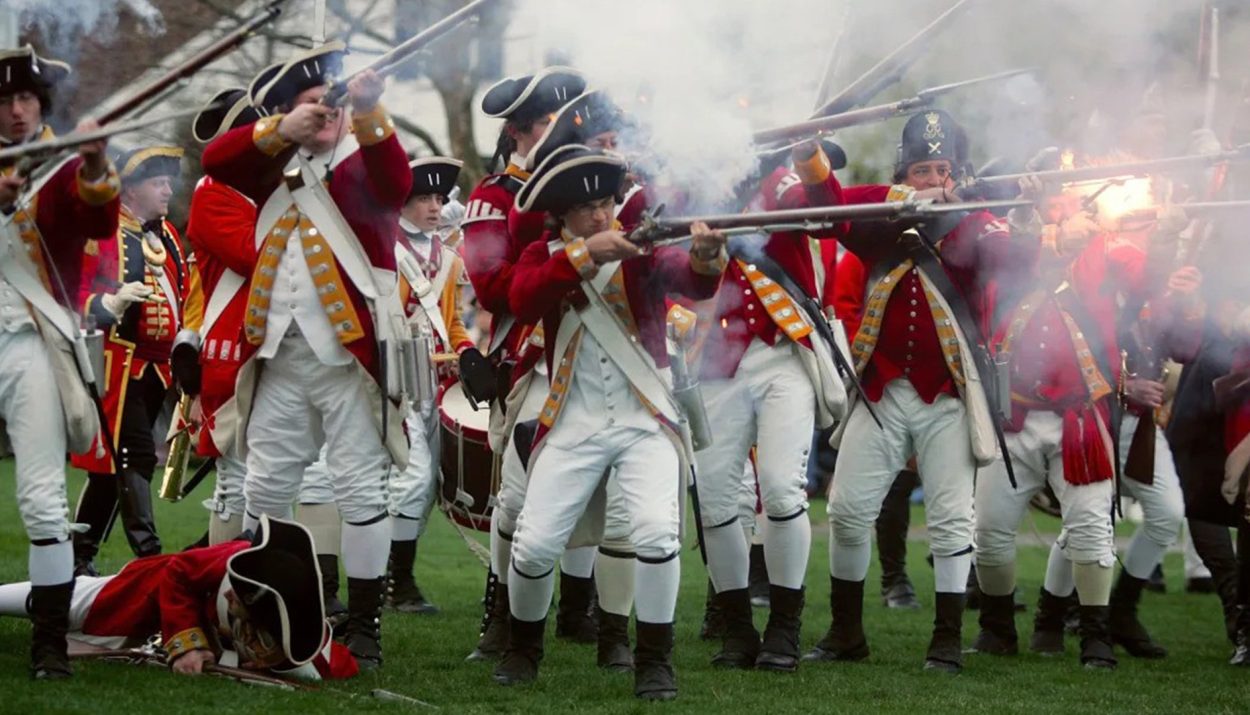As we all know, the United States was originally established as a British colony until Americans said, “enough is enough.” After an epic tea party, a late-night horseback ride by Paul Revere, and a come-from-behind win at the Battle of Yorktown, the United States of America was born.
As the Founding Fathers sat down to hash out the details of the Constitution, did they speak in British accents? At what point did Americans lose their accent and start sounding like Americans? The answer may surprise you!
British Accent Versus American Accent
We’ve all seen enough Austin Power movies and Ted Lasso episodes to learn that there are several different British accents, just as there are several different American accents – Boston accents, Southern accents, Minnesota accents, Jersey accents. The classic British accent – the BBC accent or the Public School English accent – is known as RP, or “received pronunciation.”
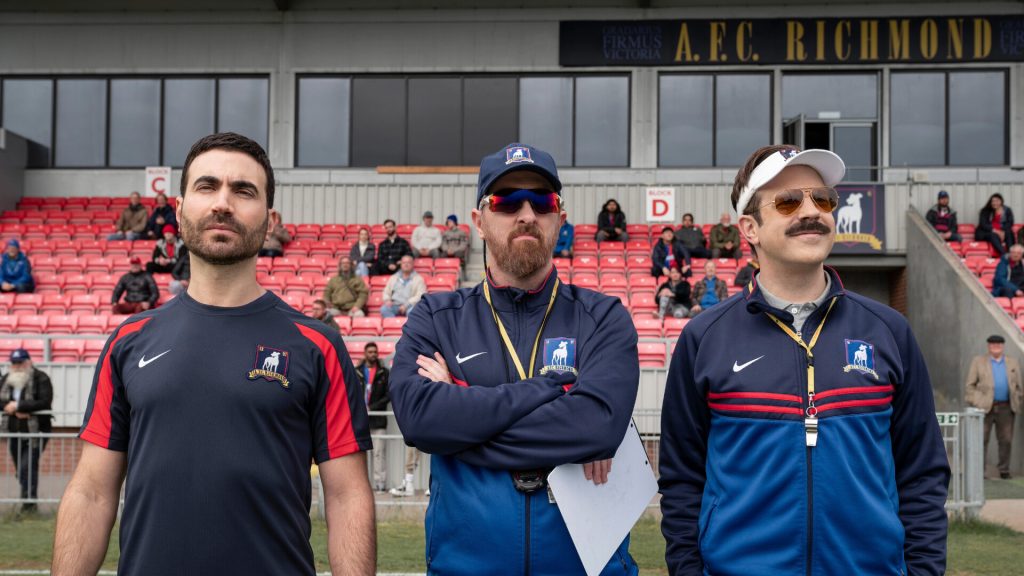
We often assume that Americans have no accent. That’s simply because we are accustomed to hearing it. Of all the American accents, the one that people call the “no accent” accent or the “newscaster accent” is actually called the General American, or the GenAm accent.
Clearing Up Misconceptions About Accents
When we compare American and British accents, a few common misconceptions always arise. Let’s clear those up. First, Americans didn’t “lose” their British accents when the country was founded. They simply acquired a new accent.
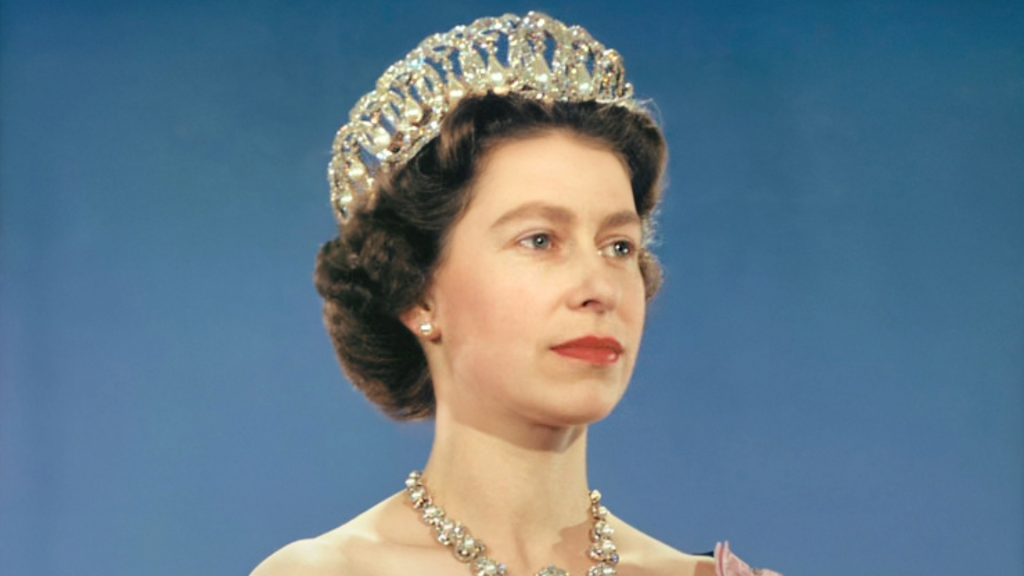
Second, British English is not the “right” or “proper” way to speak, thereby making American English “wrong” or “unrefined,” although some Brits will argue this. They prefer the “Queen’s English.” Lastly, British English isn’t the “old way of speaking.,” The British accent used by the Redcoats in the Revolutionary War is quite different from the British accents William and Kate speak. All languages evolve over time.
Out With the Old and In With the New
The first English colony in the Americas was settled in 1607 in Jamestown, Virginia. When those colonists stepped off the boat, they spoke with distinct British accents. But they were isolated from other English speakers and interacted with Native Americans. Both of these factors influenced their speech.
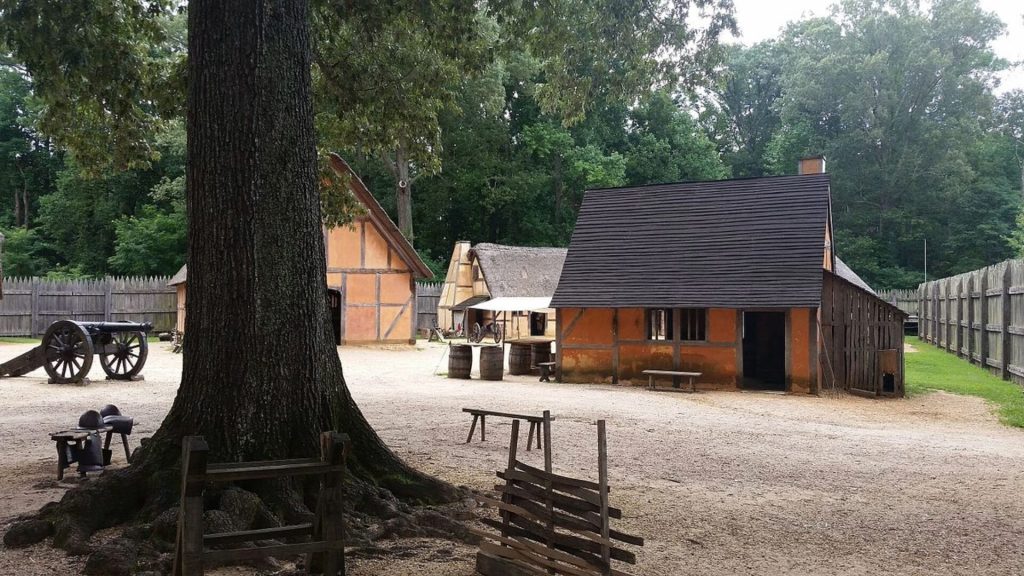
Of course, there were no devices for recording speech in those days, so we can only speculate about how and when the colonists’ speech patterns changed. We have some clues, though. From letters, diaries, and documents, we can see that people back in England were commenting on the new-fangled way Americans were speaking within a generation of arriving in the New World.
The Desire to Differential American English
In the years following the Revolutionary War, there was a conscious desire to differentiate American English from British English. After all, the Brits were the enemy, even though tensions had cooled down. Spoken language wasn’t the only change being made. The written word was also becoming “Americanized.”
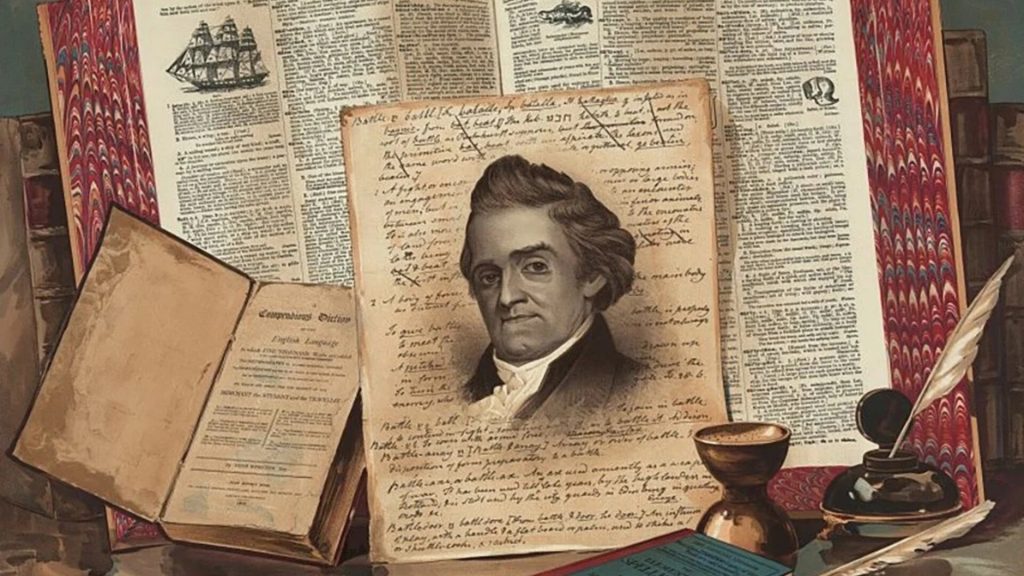
Noah Webster published the first real American English dictionary, A Compendious Dictionary of the English Language, in 1806. In it, he intentionally Americanized the spellings of many words. “Colour” and “labour” became “color” and “labor,” for example. Several words ending in “-re,” like “centre” and “fibre” were changed to “-er” – “center” and “fiber”. And words ending in “-ise,” like “utilise” and “realise” now used a “z” to become “utilize” and “realize”.
Speech as a Signifier of Class and Status
Not long after the Constitution was ratified and Americans set about building their nation into an industrial and political superpower, the wealthy elite of the East Coast developed a posh and polish way of speaking that identified them as members of the upper crust. They borrowed heavily from the Brits’ RP for this, perhaps thinking it made them sound more sophisticated and dignified.
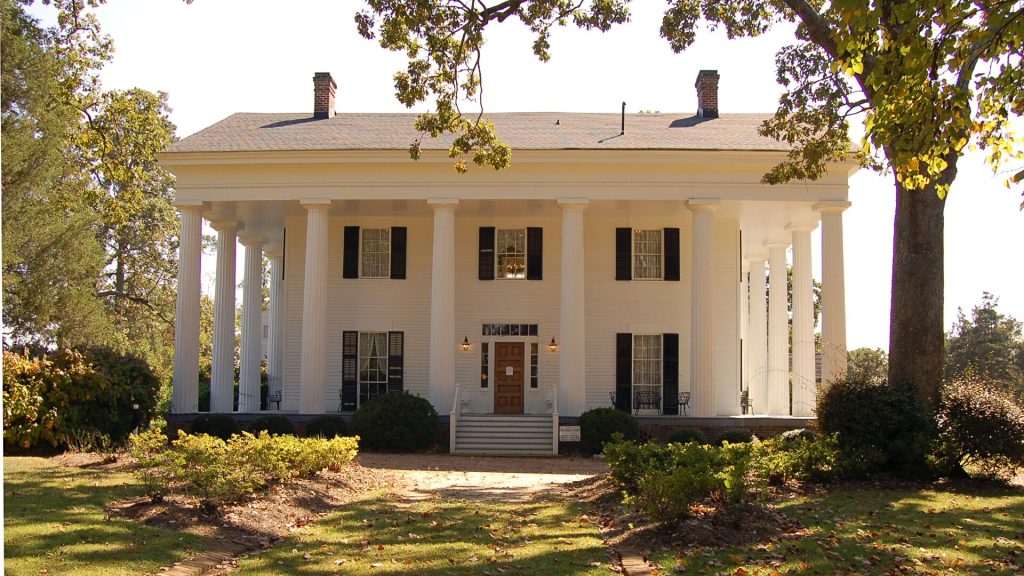
At about the same time, wealthy Southern plantation owners were putting their own spin on RP English. Their speech patterns, however, became a bit slower with noticeably drawn-out sounds. The Southern accent was also greatly influenced by cultural factors, including interactions with French settlers, enslaved African and Caribbean people, and indigenous Native American people.
The Decline of RP Pronunciation in the U.S.
During the Industrial Revolution, the economic power centers in the United States moved away from the port cities – where people had frequent contact with British merchants – to urban manufacturing centers in places like Pittsburgh, Detroit, Cleveland, and Chicago. Here, people were less impressed by the elitist RP accents of the wealthiest New Englanders.
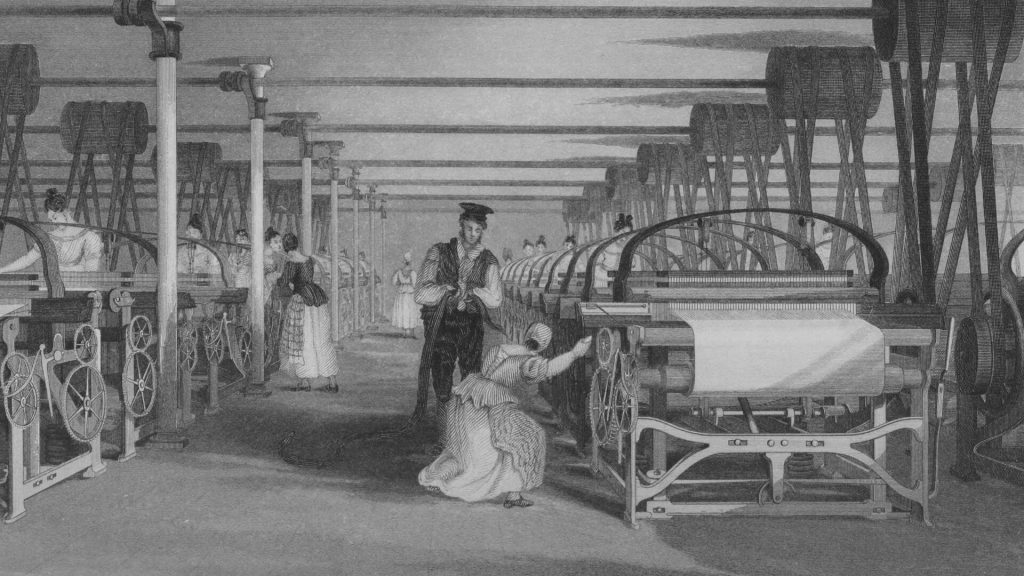
The Industrial Revolution gave less affluent Americans the opportunity to become wildly wealthy. Self-made industrialist millionaires chose other ways of flaunting their status rather than adopting a new style of speech that made them sound British. They opted instead to construct grand estates and build libraries across the country.
The Rise of GenAm
As RP English lost its luster, the regionally neutral accent of the Midwest emerged as an alternative. Today, linguists call it the General American English accent, or GenAm. Common throughout the Rust Belt region, GenAm lacks the regional styles of the Deep South and New England.
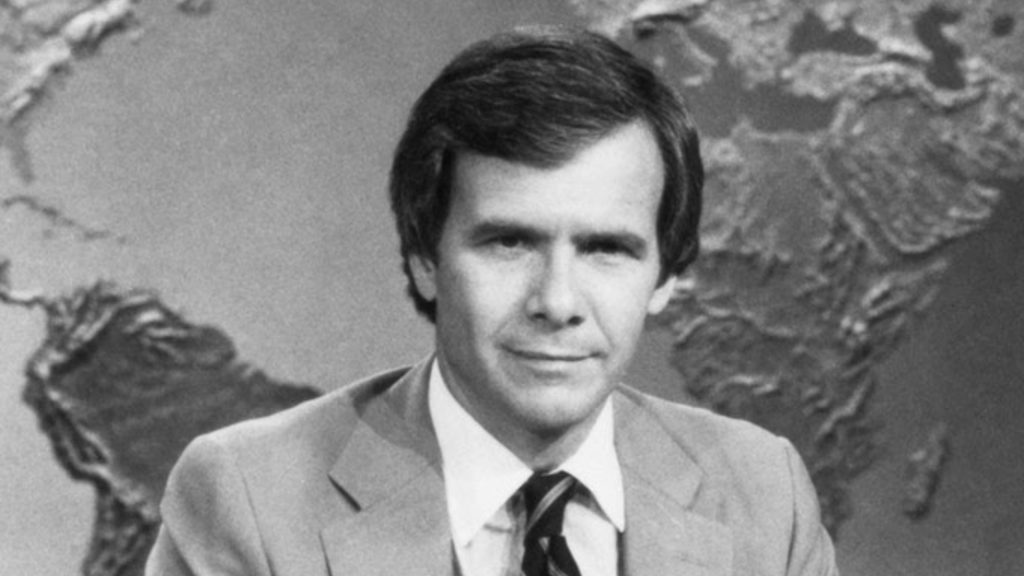
Just as RP British has become the basis for British English pronunciation – and the accent used by the broadcast news media – GenAm has evolved into the accent of choice for American newscasters and announcers. Since it is missing the regionalisms of other American accents, it is considered to be the easiest to understand.
A Melting Pot of Accents
America remains a melting pot of cultures which means it is also a melting pot of accents. The United States and Great Britain have buried the hatchet from the Revolutionary War and are now great allies. Heck, a British prince even lives in the U.S. these days!

Ask most Americans and they will admit that they enjoy hearing a British accent. We love to listen to Emma Watson, Julie Andrews, and Idris Elba talk. It is one of the reasons why The Crown and Downton Abbey are so popular. Perhaps, deep down, Americans wish they hadn’t lost their British accent more than 250 years ago.

